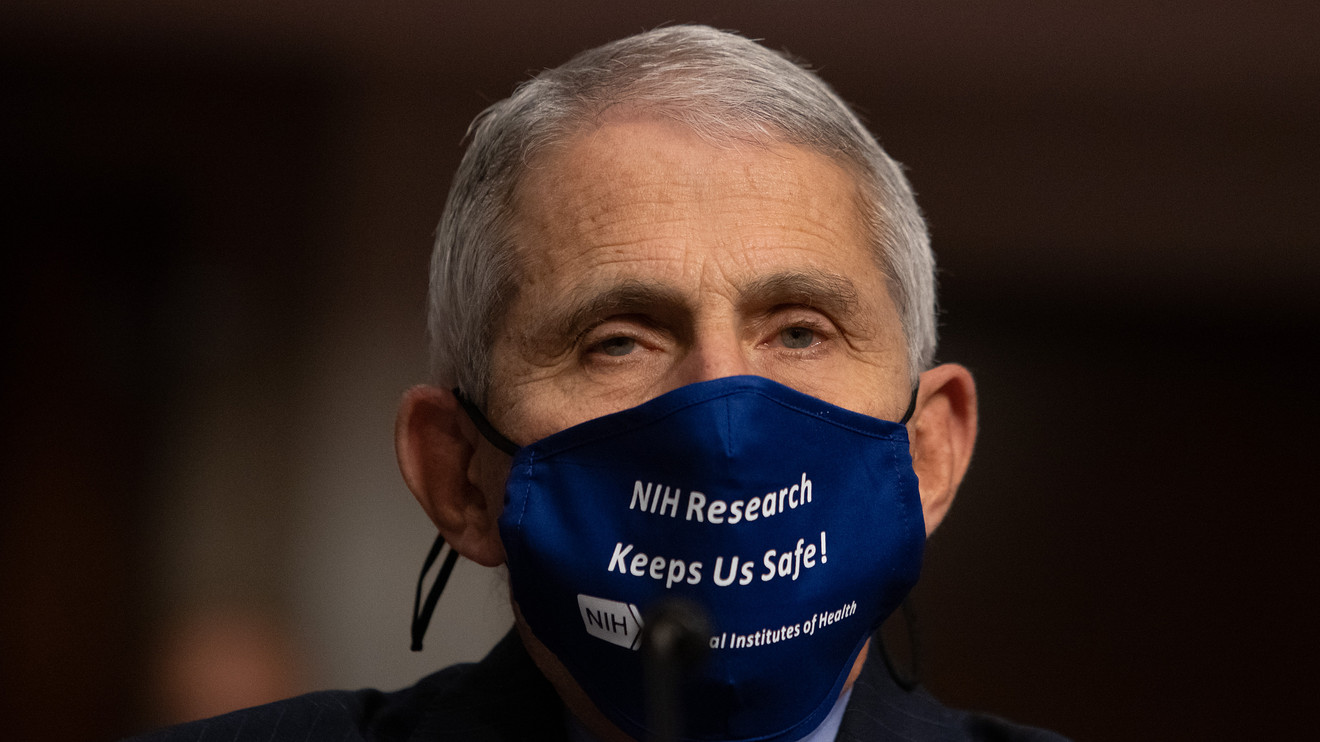UN Report: Gain-Of-Function Research ‘Increases Possibility’ Of Pandemics

A United Nations report on COVID-19 admitted that gain-of-function research – which involves the manipulation of viruses to become deadlier to humans – can “increase the possibility of accidentally generating an outbreak or even a pandemic.”
The 70-page report from the United Nations Environmental Program (UNEP) follows scrutiny of gain-of-function research after revelations that the controversial research method was being used by scientists at the Wuhan Institute of Virology, which is believed to be the epicenter of COVID-19. Using taxpayer funds from Anthony Fauci’s National Institutes of Health (NIH) agency, researchers from the Wuhan-based laboratory and the New York non-profit EcoHealth Alliance manipulated bat coronaviruses strikingly similar to COVID-19 to become more lethal to humans.
The report – “COVID-19, a Warning: Addressing Environmental Threats and the Risk of Future Pandemics in Asia and the Pacific” – provides 10 recommendations to mitigate pandemic risks, including to “better regulate or ban dangerous “gain of function” pathogen studies” as its ninth suggestion.
“Deliberately searching for wildlife viruses could paradoxically increase the possibility of accidentally generating an outbreak or even a pandemic, via accidental escape,” begins the report.
“Gain of function experiments, intended to investigate disease-transmission characteristics, could inadvertently generate problems (Wain-Hobson 2013). Furthermore, trust is undermined when scientists overstate the benefits of disease prevention,” it continues.
From Warroom



